Follower by Seamus Heaney
analysis by georgia jarmolkiewicz
who is seamus heaney?
- 13 April 1939 – 30 August 2013
- Irish poet, playwright, translator and lecturer
- 1995 Nobel Prize in Literature
- Lived in Dublin from 1976-death
- Heaney was a professor at Harvard from 1981 to 1997 and its Poet in Residence from 1988 to 2006
- The Independent described him as "probably the best-known poet in the world."
- Born on 13 April 1939 in Northern Ireland, first of nine children
- His father was a dedicated farmer who loved caring for cattle
- He went to Anahorish Primary School and when he was twelve he won a scholarship to St. Columb's College, a Roman Catholic boarding school situated in Derry
- During this time, his 4yr old brother was killed, inspiring many of his future poems :(
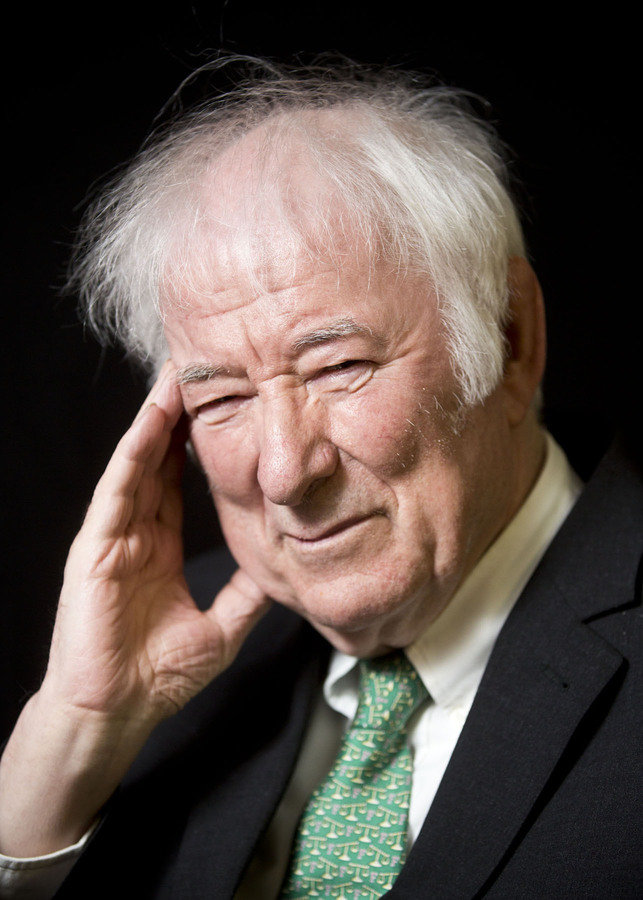
My father worked with a horse-plough,
His shoulders globed like a full sail strung
Between the shafts and the furrow.
The horse strained at his clicking tongue.
An expert. He would set the wing
And fit the bright steel-pointed sock.
The sod rolled over without breaking.
At the headrig, with a single pluck.
Of reins, the sweating team turned round
And back into the land. His eye
Narrowed and angled at the ground,
Mapping the furrow exactly.
I stumbled in his hob-nailed wake,
Fell sometimes on the polished sod;
Sometimes he rode me on his back
Dipping and rising to his plod.
I wanted to grow up and plough,
To close one eye, stiffen my arm.
All I ever did was follow
In his broad shadow round the farm.
I was a nuisance, tripping, falling,
Yapping always. But today
It is my father who keeps stumbling
Behind me, and will not go away.
Follower
My father worked with a horse-plough,
His shoulders globed like a full sail strung
Between the shafts and the furrow.
The horse strained at his clicking tongue.
manual work, he's probably a farmer and has been for many years, he is very strong
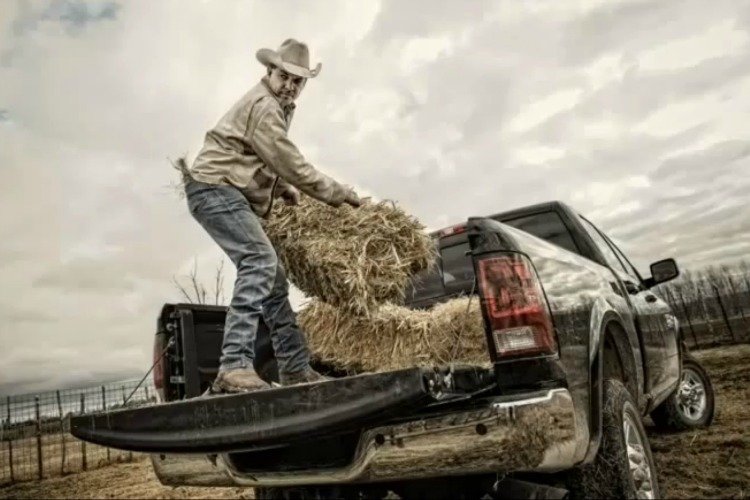
Past tense is used: we know either he is looking back at the past or the father is dead
shafts: the long, wooden things that the farmer holds on to and that are attached to the horse (what he steers with
furrow: used to dig long lines/small trenches in the earth
The horse listens for his direction - tongue clicking - and respects and listens to him: he is a good farmer and controls his animals well
SIBILANCE - He uses lots of s sounds for a smooth flowing stanza. Like how his father smoothly plows the fields.
RHYMES
SIMILE - He compares his father's muscly strong arms to the rounded sails of a boat when full of wind
An expert. He would set the wing
And fit the bright steel-pointed sock.
The sod rolled over without breaking.
At the headrig, with a single pluck.
His father is shown to really understand what he is doing all throughout this stanza: he can use a plow and handle other equipment
slant rhyme, again
perfect rhyme, again
this takes a lot of skill and is admirable, and it is best for the plants that he is growing
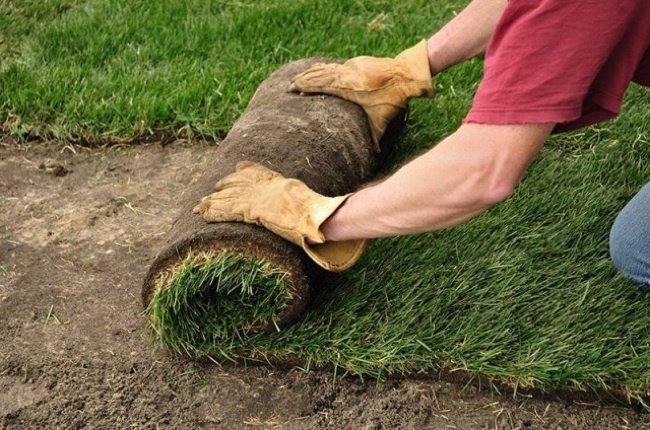
< sod rolling
Of reins, the sweating team turned round
And back into the land. His eye
Narrowed and angled at the ground,
Mapping the furrow exactly.
this means the horses, they follow his direction and respect him. really this stanza is just a further explanation of his skill.
perfect rhyme, again
this takes a lot of skill and is admirable, and it is best for the plants that he is growing
shows the focus of the father
This shows the similarities between father and farmer, both are growing through the process to help something grow. The son wants to become just like the father, but he is clumsy compared to his perfect father.


I stumbled in his hob-nailed wake,
Fell sometimes on the polished sod;
Sometimes he rode me on his back
Dipping and rising to his plod.
The boy is causing a bit of a mess and ruining his fathers work but it never mentions the father getting angry, only giving him piggy back rides
perfect rhyme, again
He is growing up around the farming environment and seems to be fond of it.
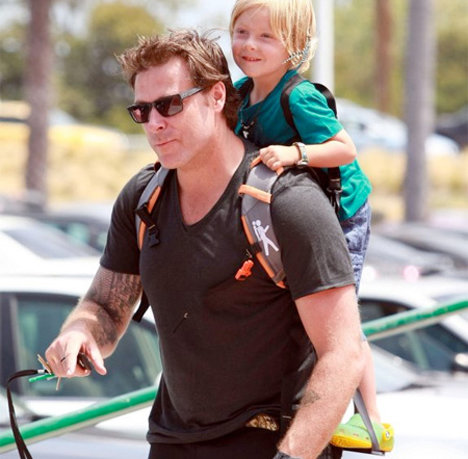
I wanted to grow up and plough,
To close one eye, stiffen my arm.
All I ever did was follow
In his broad shadow round the farm.
He admires his father and wants to plow as he does, exactly as he does, despite his clumsiness in the past stanza.
It seems he is growing up and no longer wants to live in his father's shadow , but rather to do his job with the same skill his father did.
He is growing up around the farming environment and seems to be fond of it.
He wants to, and is, following in his fathers footsteps
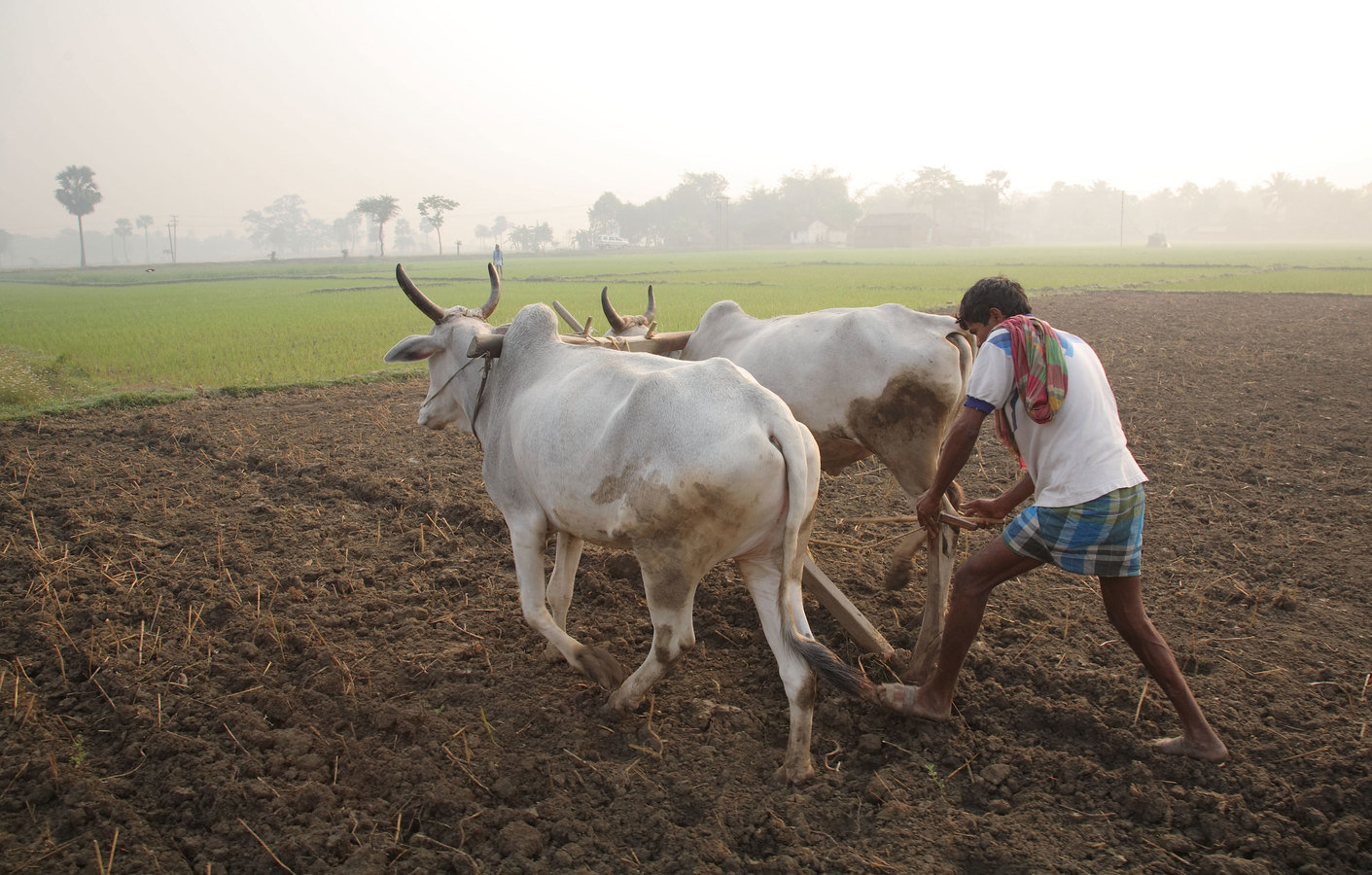
I was a nuisance, tripping, falling,
Yapping always. But today
It is my father who keeps stumbling
Behind me, and will not go away.
He reflects, now as an adult, on how annoying he must have been to his working dad, distracting and slowing him down
His father is now, due to his age, stumbling and struggling to keep up but perseveres.
The poet also says now his father is slightly annoying, as the poet was to him as a young child.
Its a selfish thought that the poet doesn't want to take care of his old father now, even for maybe 5 or 6 years, despite the fact his father gave up no less than 18 years for him.
It also symbolises the consistency of their relationship and the strength. No matter how hard, or when it may be, the strong bond between those two rarely falters.


bibliography
- http://www.shmoop.com/follower-poem
- https://www.youtube.com/watch?v=hWyzZF1DQck
- http://www.sheerpoetry.co.uk/gcse/seamus-heaney/notes-on-selected-poems/follower
- http://mural.uv.es/jadiazso/heanes
- http://www.universalteacher.org.uk/anthology/seamusheaney.htm